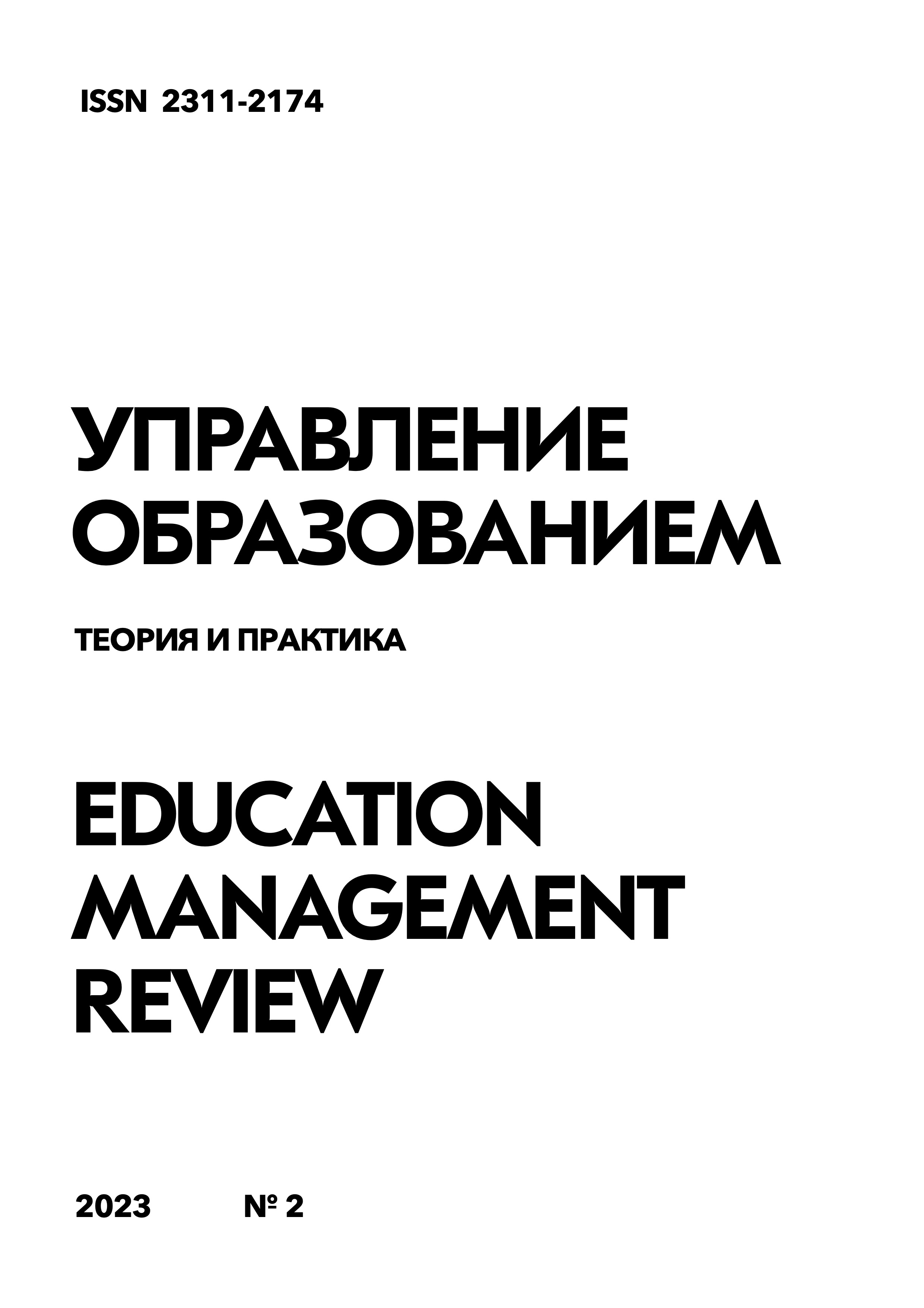Analysis of the history and development of traditional musical instruments and their role in Russian culture
DOI:
https://doi.org/10.25726/l6417-4799-9434-mKeywords:
traditional musical instruments, history, development, Russia, cultureAbstract
Music has always been inextricably linked with the culture and art of different peoples, and Russia is no exception. There are many traditional musical instruments in Russia that are important for the preservation and continuation of national traditions. In this article we will analyze the history and development of traditional musical instruments in Russia and their role in culture. We will look at the techniques of playing traditional instruments, as well as training and development in this industry. The purpose of our research is to analyze the history and development of traditional musical instruments in Russia, to identify their role in culture and society, as well as to describe the current state of learning and playing traditional instruments. As part of the research, we will use methods of analyzing literary sources, as well as interviews with professional musicians and music teachers in educational institutions. The main value of this article is that it will allow readers to more deeply understand and appreciate the importance of traditional musical instruments in the culture and society of Russia, as well as get information about the possibilities of learning and playing these instruments.
References
Абдуллоева З.Ф. Усули синтаксисӣ - морфологии истилоҳсозии мусиқӣ дар забони тоҷикӣ // Паёми Донишгоҳи миллии Тоҷикистон. Бахши илмҳои филологӣ. 2020. № 3. С. 22-27.
Галимова Э.М.Н.К. Тассрның 100 еллыгы уңаеннан татар музыка сəнгате үсешенə күзəтү // Фəнни Татарстан. 2020. № 2. С. 85-91.
Джакыпов К.К., Жумагазиева М. Кыргыз республикасында музыкалык билим берүүнүн учурдагы айрым маселелери // Bulletin Kyrgyz State University by I. Arabaeva. 2021. № 2. С. 295-300.
Ерболатова К.Е. Музыкалық білім беру арқылы балалардың қабілетін дамытудың тиімді жолдары // БҚУ Хабаршысы. 2015. № 3 (59). С. 73-78.
Кулага Т. Організація вокальної роботи з підлітками закладів позашкільної спеціалізованої музичної освіти в контексті антропологічного підходу // Наукові записки Тернопільського національного педагогічного університету імені Володимира Гнатюка. Серія: педагогіка. 2019. № 2. С. 45-51.
Мааданбеков Э.М. Классикалык сольфеджио жана анын профессионалдык музыкалык билим бердүүдөгү мааниси // Bulletin Kyrgyz State University by I. Arabaeva. 2019. № 2. С. 28.
Мамытова А.Ж. Музыкалык-педагогикалык билим берүү системасынын өнүгүүсү // Bulletin Kyrgyz State University by I. Arabaeva. 2022. № 2. С. 137-142.
Молдағалиев Б.А., Кенжегалиев А.М. Батыс қазақстан облысында музыкалық білім берудің қалыптасуы жəне дамуы // БҚУ Хабаршысы. 2017. № 1 (65). С. 51-57.
Hlystun V.G., Zhukova T.V., Uvarova I.V. Continuity in music education - strategy of modernity in the preparation of musical-pedagogical personnel // Science and World. 2019. № 2-2 (66). С. 52-54.
Kolpakova Yu.A., Shutova N.P. Music education in krasnoyarsk as a resource factor for building the civic solidarity: the situation by the outbreak of the war // Development of Education. 2020. № 3 (9). С. 49- 53.
Sapieva M.S., Kuskadamova K.S. Experience of development of educational program "music education" // Вестник КГПИ. 2018. № 3 (51). С. 24-28.
Tian L. Methods of developing creativity in music education based on big data analysis // Voprosy Istorii. 2023. № 2-2. С. 226-233.
Yang Zongye, Long Yan Xiao, Yi Qu Distance technologies in music education: history, trends and prospects // Voprosy Istorii. 2021. № 4-1. С. 193-198.
Zhang Mo The context and development approach of china minority music education in the internet age // Voprosy Istorii. 2023. № 3-2. С. 214-221.
Zhou Ya., Klimov V.I., Kirichenko T.D. Organization of music education in the pre-qin period: a theoretical aspect // Perspectives of Science and Education. 2022. № 6 (60). С. 459-474.




